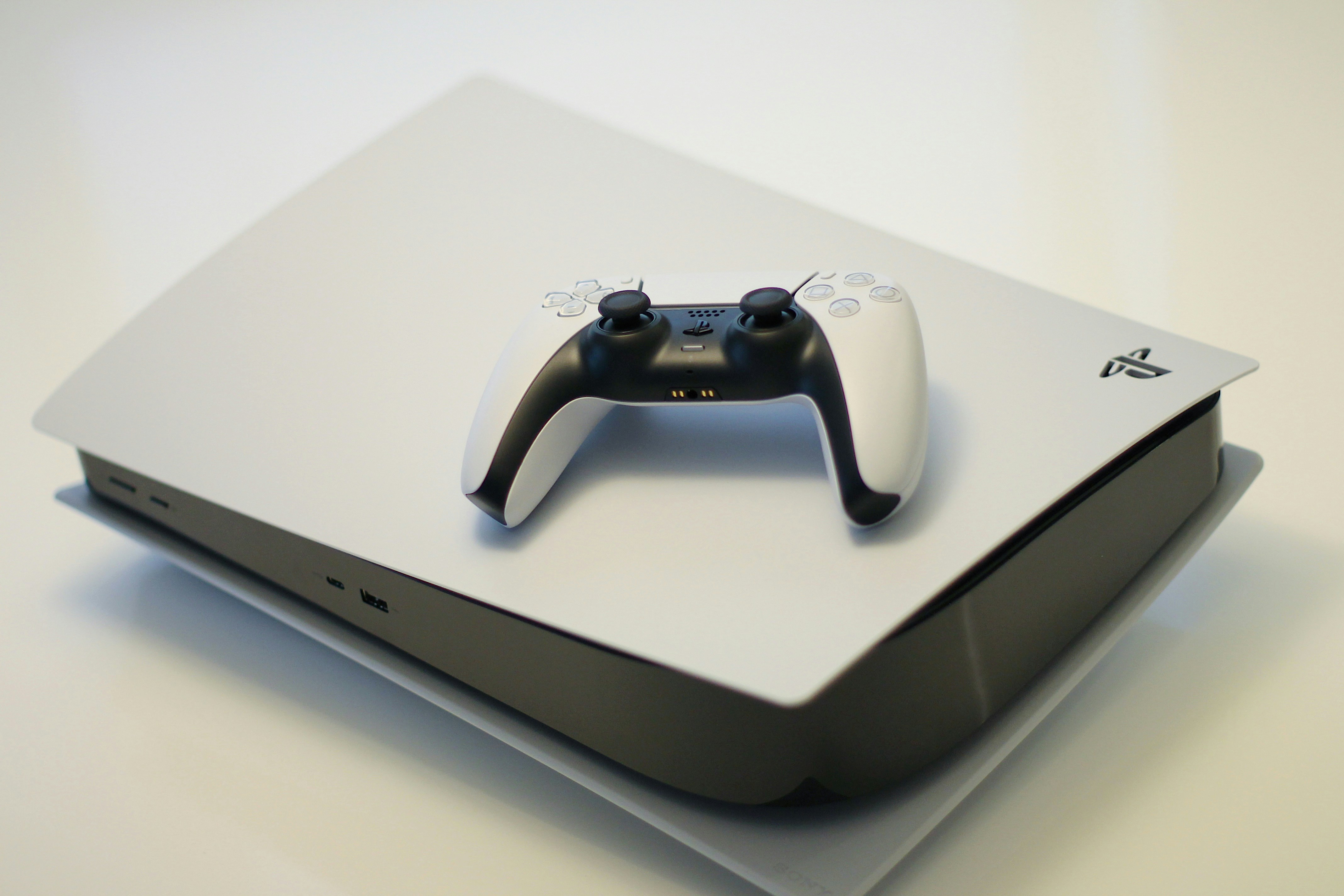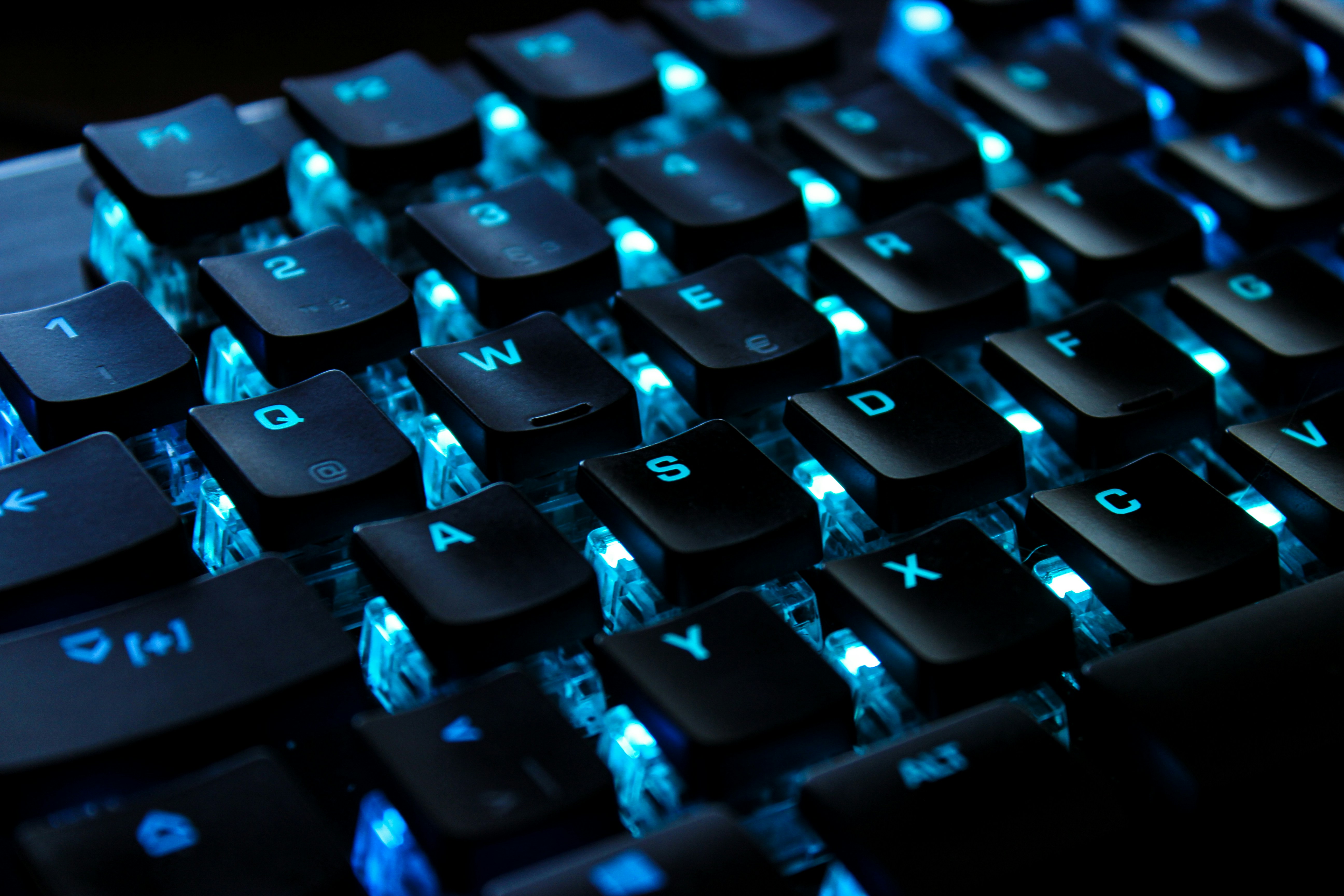PS6 & Xbox Next-Gen: What to Expect in 2025-2027
Meta Description: Latest PS6 and Xbox next-gen console rumors for 2025-2027. Release dates, specs, features, and what to expect from Sony and Microsoft.
Introduction: The Dawn of Next-Generation Gaming
The gaming industry is buzzing with excitement as we approach the mid-2020s, and for good reason. Fresh information about the PlayStation 6 and next-gen Xbox suggests that both consoles are set to launch in 2027, with some sources indicating the PS6 will likely launch in November 2027. As we navigate through 2025, the anticipation for Sony's PlayStation 6 (PS6) and Microsoft's next-generation Xbox console continues to build momentum among gaming enthusiasts worldwide.
Why does this matter now? The current generation of consoles - PlayStation 5 and Xbox Series X/S - launched during the challenging period of 2020, facing supply chain issues and global uncertainties. Now, as the industry has stabilized and technology has advanced significantly, both Sony and Microsoft are preparing to revolutionize gaming once again. The next-generation promises groundbreaking innovations in processing power, graphics capabilities, and gaming experiences that could redefine how we interact with digital entertainment.

With Xbox's addressable monthly active user base skyrocketing owing to the purchase of Activision-Blizzard, and Sony maintaining its strong position in the console market, the competition for next-generation dominance has never been more intense. This comprehensive guide explores everything we know about these highly anticipated gaming systems, from leaked specifications to expected release windows.
PlayStation 6 (PS6): Sony's Next Gaming Revolution
Expected Release Date and Timeline
Sony has maintained a relatively consistent pattern with their console releases, and industry experts are using this historical data to predict the PS6's arrival. Speculation suggests that the PS6 will launch in late 2027 at the earliest, or sometime in 2028, with the 2027 release date speculation stemming from past patterns of seven-year cycles. This timeline would place the PS6 launch approximately seven years after the PlayStation 5, following Sony's traditional console generation cadence.
Several factors support this timeline:
- Sony's historical seven-year console cycle pattern
- Current PS5 market performance and lifecycle stage
- Technological advancement readiness
- Manufacturing and supply chain considerations
PS6 Hardware Specifications and Performance
The technical specifications of the PS6 have been the subject of numerous leaks and industry discussions. The next generation of AMD chips is planned to be released in 2025, which could be what the PS6 is built with, lending credence to leaks about a chipset featuring Zen6 running on N2 architecture and an early fork of gfx13, aka AMD RDNA5.

Key expected specifications include:
- Processor: AMD Zen6 architecture with enhanced multi-core performance
- Graphics: AMD RDNA5 GPU technology for unprecedented visual fidelity
- Manufacturing: Advanced N2 node process for improved efficiency
- Memory: Significantly enhanced RAM configuration for faster loading
- Storage: Next-generation SSD technology for instant game access
PS6 Internal Codename and Development Status
The upcoming PlayStation 6 is internally referred to as "Orion", suggesting that Sony's development teams are actively working on the project. This codename indicates that the console has progressed beyond conceptual stages and is likely in active development phases.
Potential Competitive Positioning
Interestingly, recent reports suggest that new leaks claim that the PS6 will have weaker specs than the next-gen Xbox console, with PlayStation and Microsoft both having drastically different strategies going into the future generation of gaming. This potential specification difference could reflect Sony's focus on exclusive games, user experience, and innovative features rather than raw computational power.
Xbox Next-Generation Console: Microsoft's Gaming Evolution
Xbox 2027 Console Strategy
Microsoft's approach to next-generation gaming appears more complex and multifaceted than previous generations. The next Xbox console will follow sometime in 2027, with sources indicating the future hardware has been "fully greenlit" and will be a "premium successor" to the Xbox Series X|S.
Microsoft's strategy encompasses several key elements:
- Traditional console gaming experience
- PC integration and hybrid functionality
- Cloud gaming advancement
- Handheld gaming expansion
Xbox Handheld Initiative for 2025
Before the next-generation console, Microsoft is planning an intermediate step. Microsoft plans to launch an Xbox-branded gaming handheld later in 2025 through partnership with a PC gaming manufacturer, with the handheld device codenamed "Keenan" running full Windows with Microsoft Store.

This handheld device represents Microsoft's strategy to capture the growing portable gaming market, directly competing with devices like the Steam Deck and Nintendo Switch. The integration of full Windows functionality could provide unprecedented flexibility for gaming on the go.
Console-PC Hybrid Vision
The most intriguing aspect of Microsoft's next-generation plans involves creating a true hybrid system. A true console/PC hybrid for the living room, reportedly slated for 2027, would be a platform with the openness of PC that works as an Xbox and can play libraries with games dating back to the original Xbox.
This approach could fundamentally change console gaming by offering:
- Native PC game compatibility
- Backward compatibility across all Xbox generations
- Windows application support
- Enhanced modding and customization options
- Seamless integration with Xbox Game Pass
Industry Implications and Market Dynamics
The Changing Console Landscape
PlayStation 6 could be the only "traditional console" if Xbox becomes a PC/console hybrid and Nintendo Switch 2 remains a handheld/docked console. This potential shift could significantly alter the competitive landscape, with each manufacturer targeting different market segments and gaming preferences.
Technology Advancement Drivers
Several technological factors are driving the next-generation console development:
- Ray Tracing Evolution: More sophisticated real-time lighting and reflections
- AI Integration: Machine learning for enhanced gaming experiences
- Cloud Computing: Hybrid local and cloud processing capabilities
- Virtual Reality: Improved VR integration and support
- 4K and 8K Gaming: Higher resolution support with stable frame rates
Manufacturing and Supply Chain Considerations
The next-generation consoles will likely benefit from improved manufacturing processes and supply chain management. Volume production is scheduled for H2 2025, with considerations for TSMC N3P process technology, indicating that both companies are working closely with semiconductor manufacturers to ensure adequate supply for launch.
Gaming Experience Evolution
Enhanced Graphics and Performance
The PS6 and next-generation Xbox promise significant improvements in visual fidelity and performance. Expected enhancements include:
- Native 4K gaming at 60+ FPS across all titles
- Advanced ray tracing with multiple bounce lighting
- AI-powered upscaling and frame generation
- Enhanced texture streaming for larger, more detailed worlds
- Improved audio processing with 3D spatial sound
Storage and Loading Innovations
Both consoles are expected to feature revolutionary storage solutions:
- Next-generation NVMe SSD technology
- Instant game switching and resume capabilities
- Compressed texture streaming for reduced storage requirements
- Cloud storage integration for seamless save synchronization
Online Services and Ecosystem Integration
The next generation will likely emphasize enhanced online experiences:
- Sony: PlayStation Network evolution with enhanced social features
- Microsoft: Xbox Game Pass integration with PC and cloud gaming
- Cross-platform: Improved cross-console multiplayer capabilities
- Streaming: Enhanced game streaming and remote play options
Release Timeline and Market Expectations
2025: The Preparation Year
2025 represents a crucial preparation year for both companies:
- Microsoft's Xbox handheld launch
- Final development phases for both console systems
- Developer kit distribution and game development initiation
- Manufacturing process finalization
2026: Development Intensification
The year 2026 will likely see:
- Increased marketing and promotional activities
- Developer conference announcements and demonstrations
- Final hardware specification confirmations
- Launch title announcements and previews
2027: The Next-Generation Launch
As per the new console cycle, the PS6 and next-gen Xbox were expected in 2027, with confirmation from a cancelled Blade Runner game that was supposed to release in September 2027 for the "Gen 10" Xbox and PlayStation systems.
Expected 2027 developments:
- Official console announcements and specifications
- Launch title lineup revelations
- Pre-order campaigns and pricing information
- Holiday season availability
Industry Partnerships and Collaborations
AMD's Role in Next-Generation Development
Xbox announced it is actively building its next-generation lineup across console, handheld, PC, cloud, and accessories in partnership with AMD. This collaboration ensures that both PlayStation and Xbox will benefit from AMD's latest processor and graphics technologies.
Third-Party Developer Preparation
Game developers are already preparing for next-generation development:
- Engine optimization for new hardware architectures
- Asset creation workflows for higher fidelity graphics
- Cross-platform development strategies
- New gameplay mechanics enabled by enhanced hardware
Pricing and Market Accessibility
Expected Pricing Strategies
While official pricing hasn't been announced, industry analysts expect:
- PS6: Premium pricing reflecting advanced technology
- Xbox Next-Gen: Competitive pricing with Game Pass integration
- Market factors: Inflation, manufacturing costs, and competition influence
Accessibility and Market Reach
Both companies are likely considering:
- Multiple console configurations (standard and premium models)
- Financing and subscription options
- Trade-in programs for current generation consoles
- Regional pricing strategies for global markets
Future Gaming Trends and Innovations
Emerging Technologies Integration
The next generation will likely incorporate:
- Artificial Intelligence: AI-powered NPCs and procedural content generation
- Machine Learning: Adaptive difficulty and personalized gaming experiences
- Augmented Reality: AR integration for enhanced gaming interfaces
- Haptic Feedback: Advanced tactile responses and immersive sensations
Sustainability and Environmental Considerations
Both companies are expected to emphasize:
- Energy-efficient hardware design
- Sustainable packaging and manufacturing processes
- Digital distribution to reduce physical media waste
- Console recycling and refurbishment programs
Conclusion: The Future of Gaming Awaits
As we look toward 2027, the gaming landscape is poised for another revolutionary transformation. The PlayStation 6 and next-generation Xbox represent more than just hardware upgrades – they symbolize the evolution of interactive entertainment into new realms of possibility.
Sony appears focused on delivering a traditional but powerfully enhanced console experience, while Microsoft is pursuing a more radical hybrid approach that could blur the lines between console and PC gaming. Both strategies have merit and could coexist successfully, offering gamers diverse options based on their preferences and gaming habits.
The confirmed 2027 timeline gives developers, publishers, and gamers adequate time to prepare for this next evolutionary step. With advanced AMD technology, innovative features, and years of development experience, both the PS6 and next-generation Xbox promise to deliver gaming experiences that exceed our current imagination.
Whether you're team PlayStation or Xbox, one thing is certain: the future of gaming looks incredibly bright, and 2027 can't come soon enough.
Join the Conversation
What are your expectations for the PS6 and next-generation Xbox? Are you more excited about Sony's traditional console approach or Microsoft's hybrid strategy? Share your thoughts in the comments below, and don't forget to subscribe for the latest gaming news and updates. Follow our blog for continued coverage of next-generation gaming developments as we approach the most exciting period in console gaming history.
%20(1).png)